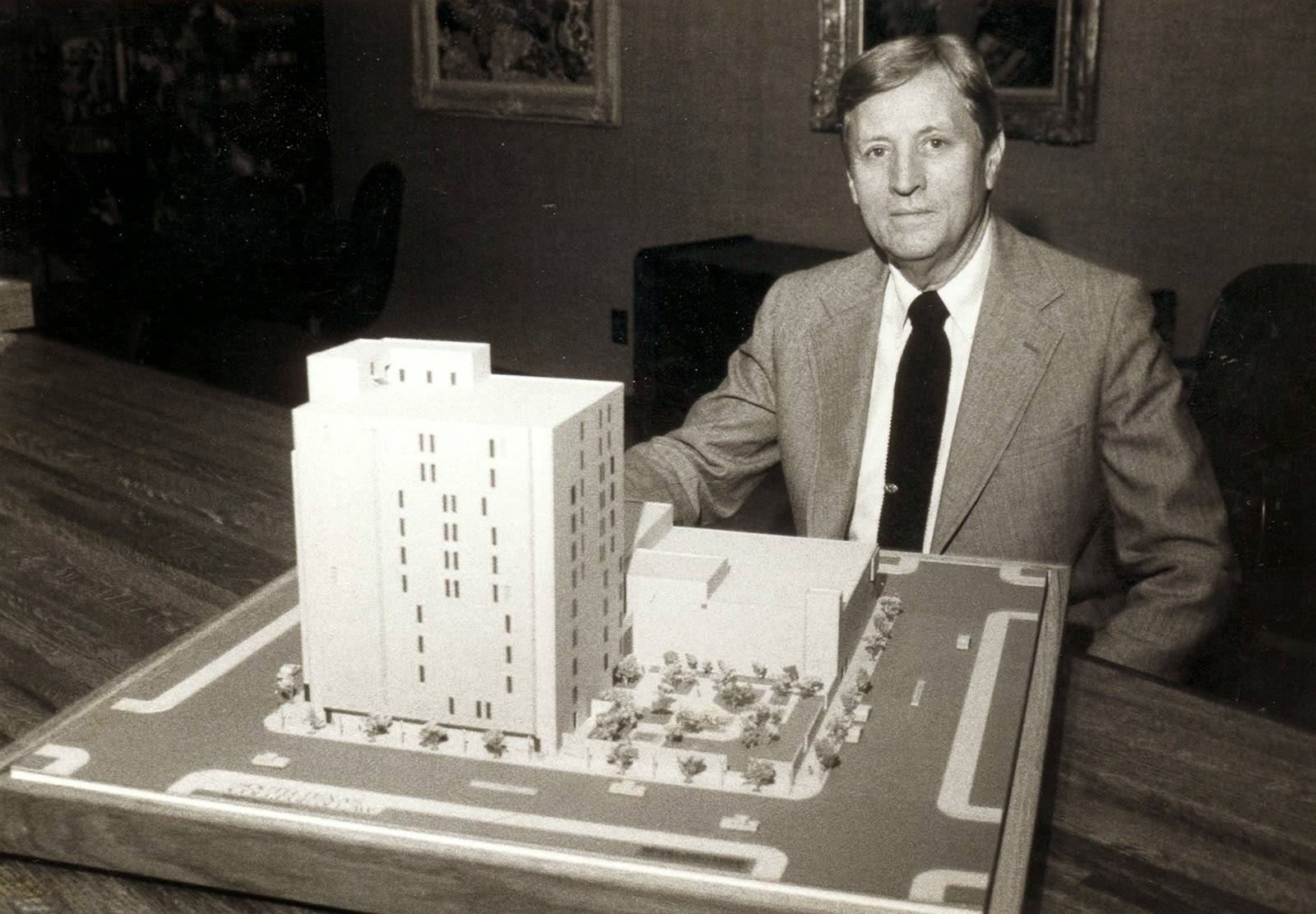Garland R. Walker Inn Membership Form:
Member Application
Membership in our Inn chapter is by invitation only. Active members of our local group include federal and state district court and appellate judges, accomplished lawyers and bar officers, district attorneys, law school professors and deans, students, and some new members of the bar. The Inn seeks to sensitize its members to issues of professionalism, courtesy, and ethics, to instill such values in the newest members of the Houston bar and to renew the spirit of professionalism and collegiality among our more experienced members.
Visit the Garland R. Walker Inn on social media:
Facebook: https://www.facebook.com/gwioc
Instagram: @gwioc1985
Twitter: @GWIOC1985
History of The Garland R. Walker American Inn of Court
The 15th charter for an American Inn of Court was issued to the Garland Walker Inn on 6/21/1985. The Inn is one of the largest in the United States and one of four Inns in the Houston area.
Awards received by the Inn for its programs:
2018-2019 1st Place Outstanding Program Award: "Amenders: Equality War (Celebrating 150 Years of the Fourteenth Amendment"
2016 Outstanding Program Award: "Haters Gonna Hate...Jurors Gonna Deliberate - A Fresh Look at the Jury Trial, Yesterday, Today, and Tomorrow"
2015 Magna Carta Program Contest Winner - 1st Place
2015 Outstanding Program Award: "Write to Be Heard"
2015 Outstanding Program Award: "Law Is King: Garland R. Walker Inn's Most Excellent Magna Carta Adventure"
2014 Second Place Program Award: "Creepy or Convenient: The Digital Age and Privacy #innyouriLife"
2012 Outstanding Program Award: "Life, Liberties & Lawyering During Wartime: A Journey from the Civil War to the War on Terrorism"
2011 Second Place Program Award: "The Art of Exceptional Advocacy"
2008 Outstanding Program Award: "The Internet: The Good, the Bad and the Really Ugly"
2004 Outstanding Program Award: "Constitutional Convention of 1787"
AIC Diversity Policy
Biography of Dean Garland R. Walker:
Garland Walker was born on a farm in Limestone County, Texas, on October 2, 1920. He attended Texas A&M University and, like many other students, he was a member of the Reserve Officers Training Corp. Ten days after graduating from A&M in 1943, he reported for active duty in the United States Army. He volunteered for the Sixth Engineers Special Brigade, a unit made up of underwater and demolitions experts. After extensive training, his unit was sent to England to take part in the D-Day invasion. Walker was badly wounded on Omaha Beach, and spent the next 27 months recovering. In addition to his other recognitions in the military, Walker was awarded a Croix du Guerre and a Purple Heart. His injuries were extensive and ended his original dream of becoming a doctor. Instead, he enrolled in the University of Texas Law School, graduating in 1948.
After being in private practice for 12 years, including serving as general counsel for the Steck Company in Austin, Walker joined the faculty of South Texas College of Law in 1959, teaching Torts, Contracts, and Professional Responsibility. He assumed responsibility for developing the law library and served as the librarian from 1959 - 1961, and was later appointed as Assistant Dean of the law school.
In 1968, at the recommendation of Judge Spurgeon E. Bell, Walker was offered the position of Dean of the law school. He served as dean until he resigned in October of 1984. During his tenure as dean he increased the size and prestige of the school. The student body went from 200 to over 1000, the school's building was renovated and increased in size, and Walker oversaw the addition of an 11-story tower, which was completed shortly before his death in late 1984.
Dean Walker oversaw numerous improvements in the programs at South Texas, including introducing multiple programs designed to give students practical legal experience, and helping establish the Texas College of Trial Advocacy. Walker was also a strong believer in providing quality legal education to everyone who was willing to commit themselves to the profession. He took chances on non-traditional students and students who had difficulties with standardized tests. Under his tenure as dean, South Texas began offering evening and weekend programs to allow an opportunity for legal education for those who worked full-time.

Dean Garland R. Walker of the South Texas College of Law.